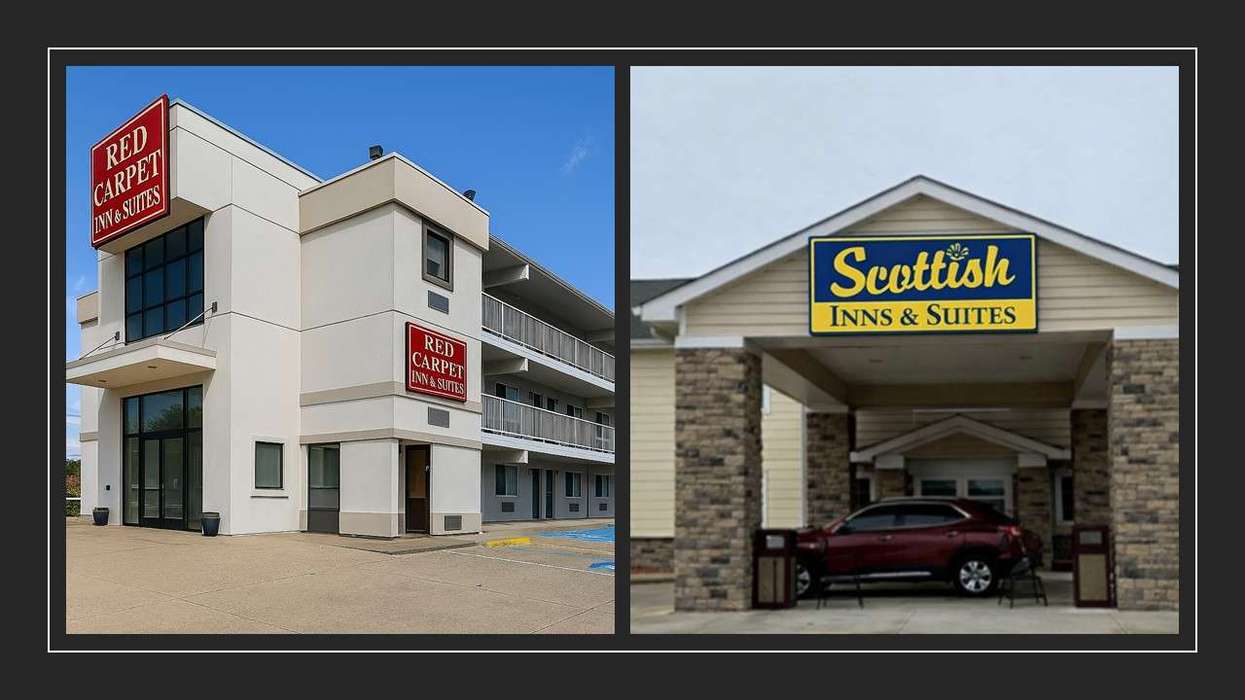Meetings in 2025: Key Trends, Challenges & Market Shifts
SMALLER MEETINGS AND events dominated in 2024, but medium and large gatherings are expected to increase in 2025, according to a joint report by Cendyn and ConferenceDirect. While 49.4 percent of bookings in 2024 were for the same year, more organizations are now planning meetings three to five years in advance.
The 2025 State of the Meetings Industry report found that rising costs have strained budgets and affected event quality.
“It is an exciting time to be a part of the meetings and events industry,” said Michael Bennet, Cendyn’s president. “The outlook for 2025 is optimistic, with more than 40 percent of meeting planners expecting bookings to increase and 65 percent anticipating higher attendance even as rising costs remain a significant challenge for planners. Finding a balance between high costs and delivering an amazing customer experience will define winning venues in 2025. We look forward to enabling our customers to make every guest interaction an opportunity to nurture relationships and maximize profitability.”
Meetings with 100 to 250 attendees accounted for 35.8 percent of U.S. bookings in 2024, while those with more than 500 attendees made up 32.4 percent, the report said. Nearly 49.4 percent of bookings were made for events within the same year, but longer booking windows are increasing, with 9.5 percent scheduled three to five years in advance.
The study said this shift requires hoteliers to adjust services for different group sizes, and focusing on both medium-sized meetings with 100 to 250 attendees and larger events with more than 500 attendees can help them align with market demand.
Costs impact quality
Rising costs have strained budgets and impacted event quality, the study found. Managing cost-cutting measures like shorter meetings, alternative destinations and reduced activities or food and beverage options is essential to maintain the attendee experience.
Companies may change destinations and venues to manage costs, with more groups relocating to secondary markets to maintain event quality and chain scale, the report said. This creates opportunities for secondary and tertiary markets to attract business by offering competitive pricing, products and services.
Larry Hanson, ConferenceDirect's chief marketing officer, said secondary markets are gaining popularity, with 90 percent of planners viewing them as a cost-saving alternative.
"However, planners will prioritize venues that make a lasting impression,” he said. “Respondents emphasized that there is little room for compromise on event quality and the demand to deliver strong attendee experiences remains high.”
Planners want proposals that clearly outline technological capabilities and catering options despite rising prices. Advanced AV support is a priority for 60 percent of planners, while 33 percent focus on technology-enabled events. More than 53 percent prefer RFP catering responses to emphasize functionality and hospitality.
The St. Louis metro area led the top 25 markets with 125.8 percent year-over-year meeting and event growth in December, followed by Nashville at 28 percent, while Louisville topped secondary markets with 135.6 percent growth, ranking first for the eighth time in 2024, according to Knowland by Cendyn.






